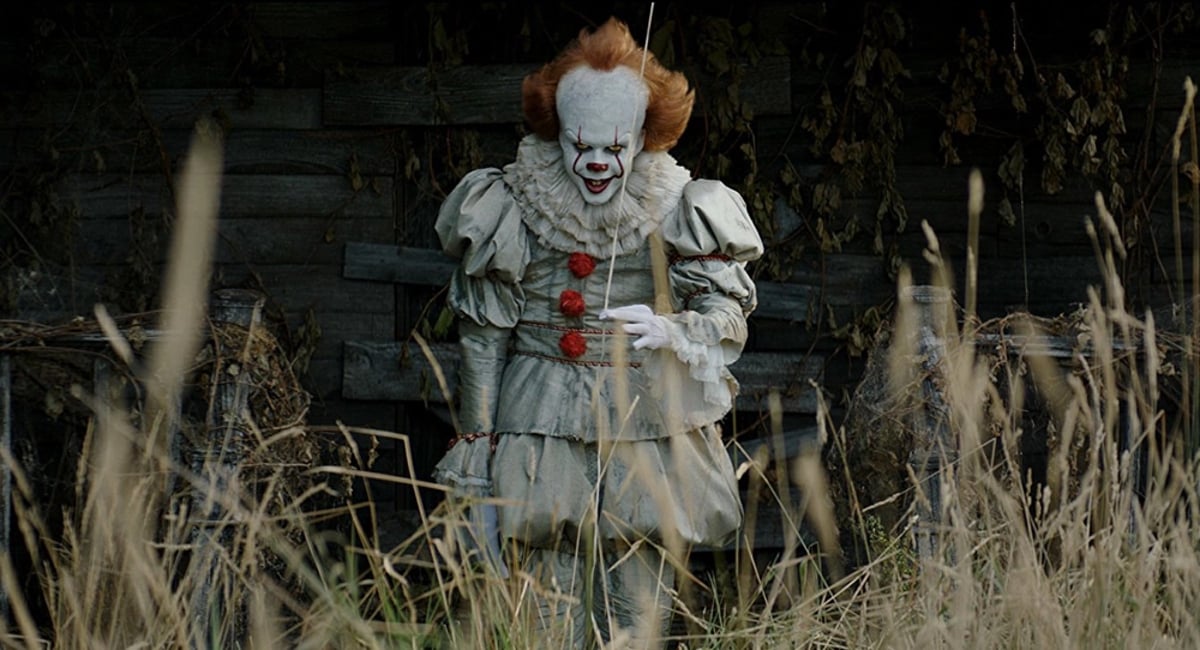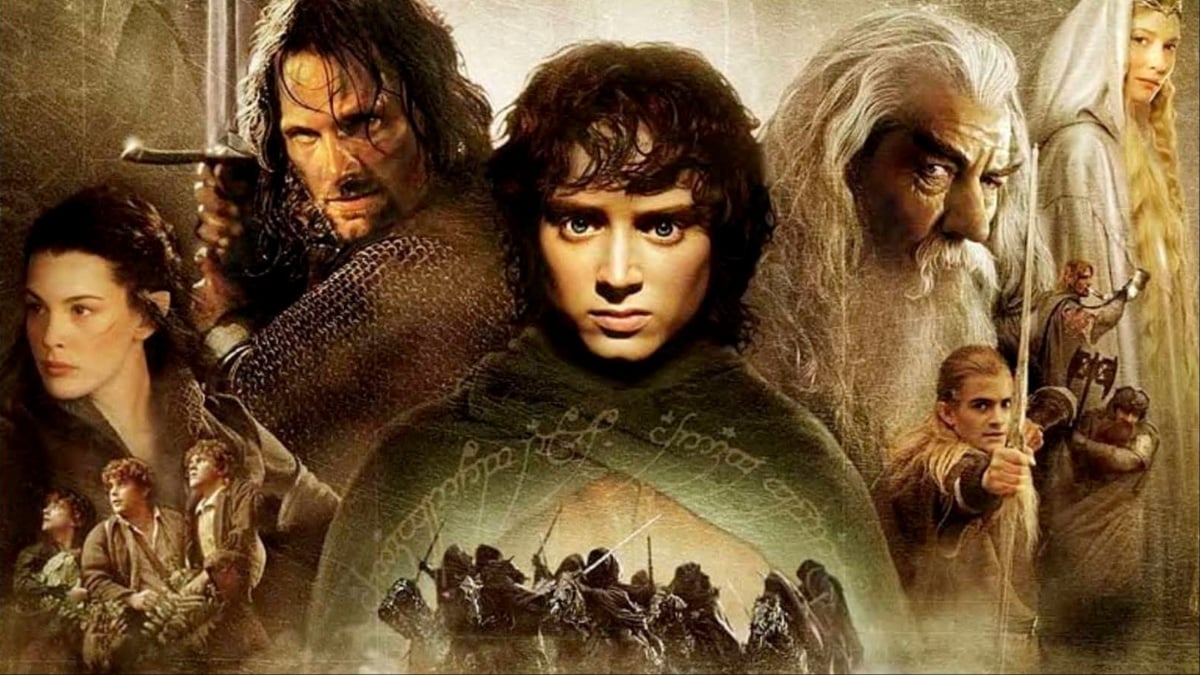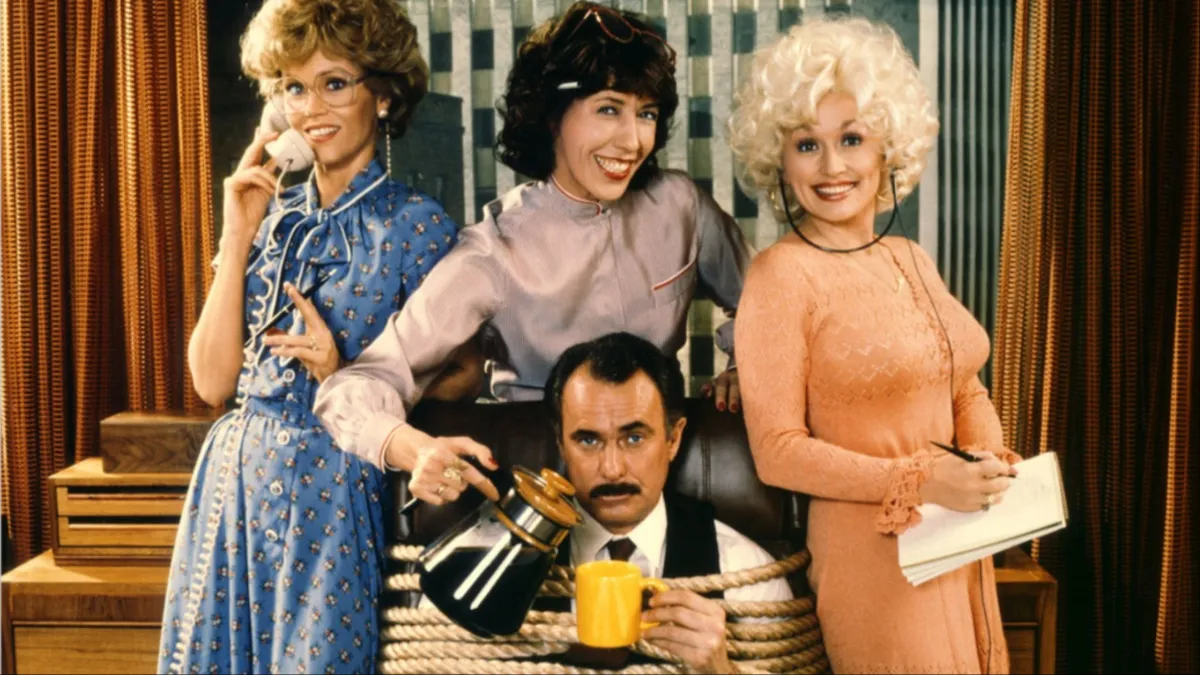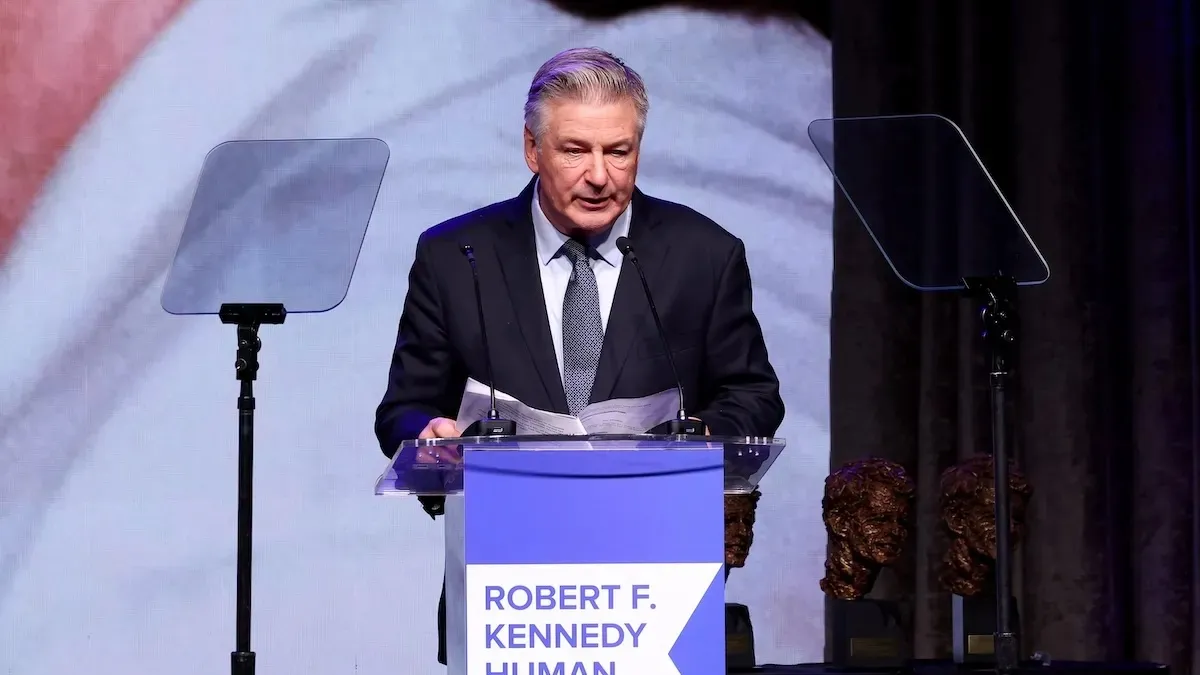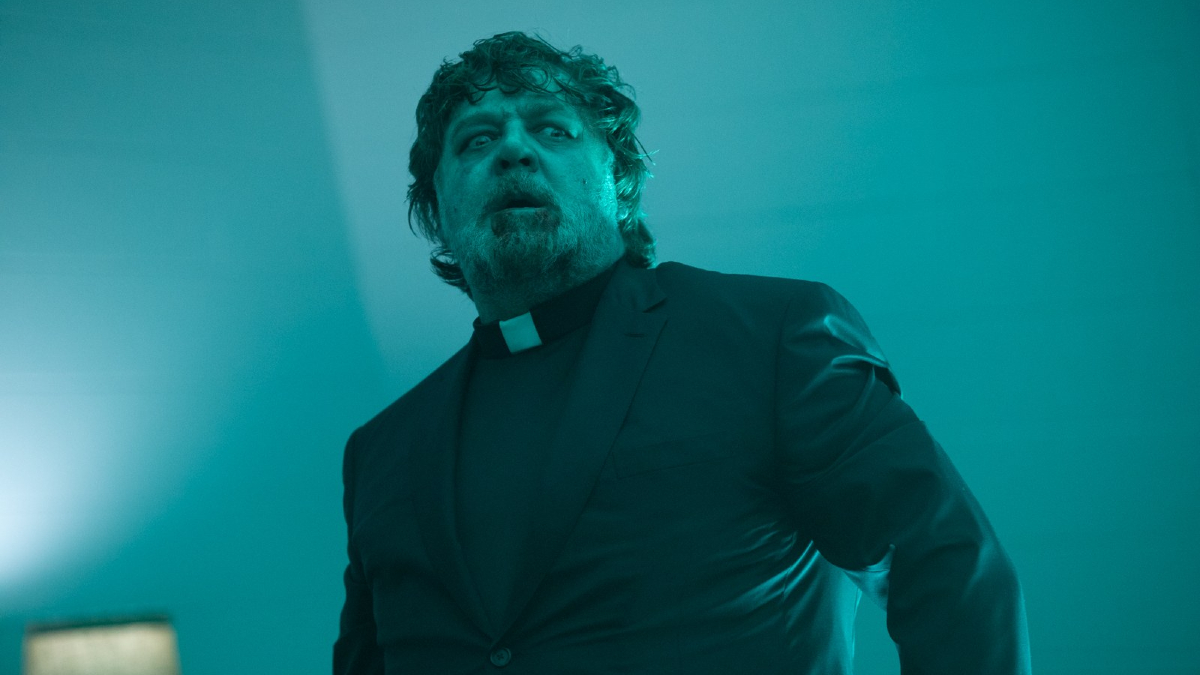** Spoilers for both the novel and film versions of IT. **
Prior to seeing IT Chapter Two, I made a point of consuming as much content about the project as I could. That mostly meant finally finishing the gargantuan novel that inspired the film. The novel contains interludes that are excerpts from the journal of Mike Hanlon as he chronicles the mysteries of Derry, from both his own childhood and the events that haunted the town years before he or any of his friends were born. Derry, it seemed, had always been cursed. These parts, narrated by Mike, were among my favorite parts of the novel.
Your mileage may vary on this, but in certain films and projects, the setting has to be just as much a character as the actual humans populating the story. Derry, Maine is no exception. The town feels like an ancient entity, just as monstrous as the clown hiding in the sewers. It, and the people who live there, are capable of just as much evil as Pennywise is. And yet, for all the good work Andy Muschietti’s adaptations do in translating parts of the story to the screen, he drops the ball on this particular element.
There is human evil in Derry in both IT and IT Chapter Two. The first film features the monstrous Henry Bowers, as does the second. There’s Bev’s abusive father, and later her just as cruel husband. There’s Eddie’s manipulative mother. The pharmacist who leers at a teen Bev. The gang of homophobes who beat Adrian Mellon and his boyfriend. Evil is not confined to the clown, but to many of the inhabitants of Derry.
And yet, Muschietti isn’t nearly as interested in exploring those characters as he is having lepers and headless boys and fountains of blood torment the Losers. Pennywise is the star of the show, after all. But by stripping away the human element of Derry being evil, Muschietti misses that Pennywise does not only feed on children, but on the fear and hatred of a small town that is prone to violence outside of It’s actions.
In the novel, Pennywise’s appearances are heralded by vicious acts of violence committed by humans. Adrian Mellon’s murder, in the novel, is supposed to signify Pennywise’s return because it’s a hate crime. King quite literally opted to include that sequence because of an actual hate crime committed in Maine that so horrified him that he wrote it into his novel as a sign of a vicious, evil entity feeding on a small town’s hatred for what is different.
But in the novel, time is spent showing how the perpetrators are arrested and tried, and then how bleakly the justice system lets them get away with their crimes. The movie fails to engage with that element, though Muschietti teased that a scene was cut that featured what happened to Adrian’s attackers.
The novel’s interludes include Mike transcribing how his father (who is alive in the novel and who should have been alive in the film) survived the burning of the Black Spot, a club for Black servicemen. A racist cult that’s only a few steps away from the KKK committed the crime, but eyewitness reports say that a clown was there that night as well. The event is a throwaway line of dialogue between two kids in the background of a scene. Before that, a gang of criminals known as the Bradley gang were executed in broad daylight by eager, bloodthirsty townsfolk; that is reduced to a mural in the background of an alley scene.
It’s not necessary for these scenes to be included as flashbacks, but Muschietti needed to make them more present in the mind of the audience than they were. They’re not Easter Eggs, but rather key parts of understanding how It and Derry have continued a cycle of hate and violence for years. By doing so, there’s context for the brutality faced by Adrian, and the scene wouldn’t have felt so gross and unnecessary in the actual film. Derry has to be as much of a monster as Pennywise.
In the end, Derry must also be defeated in a sense. The novel concludes with a monstrous storm occurring in Derry as the Losers face off against It for the final time. The Derry Standpipe is destroyed and ultimately rolls down a hill and destroys much of the town itself. The town itself is devastated. Muschietti ultimately decided to cut that sequence because the CGI alone would’ve eaten up the budget, though Stephen King requested it be included. It’s a decision that makes sense, but it also fits. As It dies, so does Derry in a way. There’s no easy answer to Derry’s cruelty except destruction and the heroes leaving to find a better place elsewhere.
In the original bar mitzvah scene which appeared on the first film’s DVD (the scene was reshot for Chapter Two), Stan actively calls out the indifference and cruelty of Derry’s adults, ending with a line about how the holy scripture of Derry is learning not to give a shit. While the reshot scene that appears in Chapter Two is bittersweet and fits the nature of that film better, the first scene would have actively highlighted the way that Derry’s humans are vicious too. After all, the Losers face more than just Pennywise during their time in Derry. All of them have been viciously bullied, harassed, and abused, and all of that occurred at the hands of regular Derry citizens.
There’s a lot that has to be left on the cutting room floor when you’re adapting a 1153 page book, even if it’s split into two films. Muschietti obviously wanted more of a character study of the Losers and an emphasis on Pennywise and Its weird, cosmic evil, but by dropping the evil lurking in Derry, he misses what makes the novel so haunting. It also negatively impacts many of the characters’ stories, especially Mike, who is particularly underserved in the films. Mike should’ve been the main character instead of Bill, even, but that’s a bone I have to pick with King.
Evil is mundane at times, and King’s work with IT highlights that. While I’m not itching for a remake yet, in twenty or so years if we’re all still alive, maybe the inevitable IT miniseries/remake will delve deep into the town’s history as well, and give it the same villainy as Pennywise has. While I loved IT Chapter Two overall, this is one of my issues with the adaptation, though I hope Muschietti’s eventual supercut gives us the backstory that should have haunted the final cut as well.
(image: Warner Bros)
Want more stories like this? Become a subscriber and support the site!
—The Mary Sue has a strict comment policy that forbids, but is not limited to, personal insults toward anyone, hate speech, and trolling.—



